Top 7 Python Frameworks Every Web Developer Should Know in 2025
Discover the top 7 Python frameworks every web developer should know in 2025. From Django to FastAPI, explore the best tools to build fast, secure, and scalable web applications.
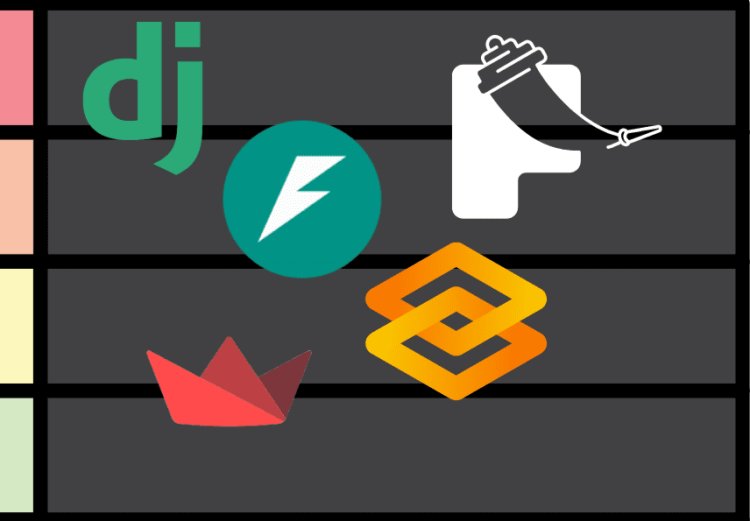
Python web frameworks are the foundation for anything from complicated online apps, interactive data apps, real-time applications, production-ready deployments, quick APIs, and machine learning demonstrations.
Web developers also like Python, which is well-known for being popular among engineers and data scientists. Indeed, Python's easy-to-understand syntax, extensive ecosystem of robust frameworks and tools, and ease of usage make it the preferred choice of many developers when creating online apps over JavaScript.
Python provides a wide range of frameworks to suit every need, from sophisticated full-stack solutions with a wealth of built-in capabilities to lightweight micro-frameworks that just require a few lines of code, regardless of your level of code experience. Some frameworks are built for quick prototyping, while others are more concerned with security, scalability, or performance.
This post will examine seven of the most widely used Python web frameworks. You will learn which are most appropriate for creating anything from basic websites to intricate, heavily trafficked online applications. There is a Python framework that can assist you in effectively and rapidly completing your online project, regardless of your degree of experience.
What is HTML: HTML Introduction Made Easy: A Step-by-Step Tutorial for Beginners
Web Development Frameworks for Python
1. Django:
The Web App's Full-Stack Powerhouse for Scalability
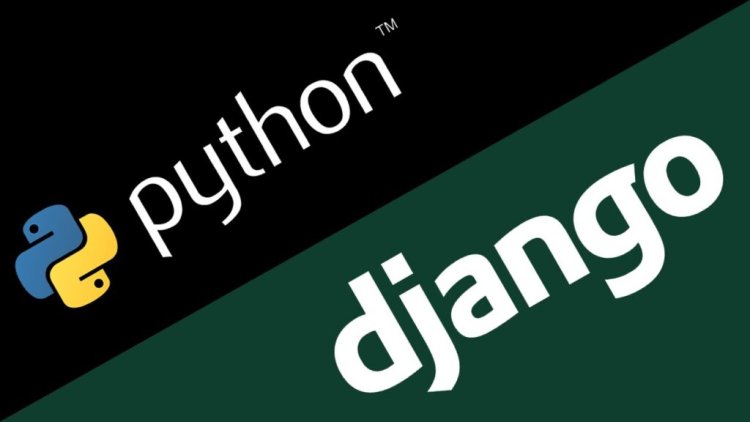
A powerful, open-source Python framework called Django was created to help developers create scalable, safe online apps quickly. Django's extensive ecosystem of reusable components, admin interface, authentication, and integrated ORM make it perfect for creating anything from basic websites to intricate business systems.
How to Install WAMP on Windows
Learn more: https://www.djangoproject.com/
2. Flask:
The Flexible and Lightweight Microframework
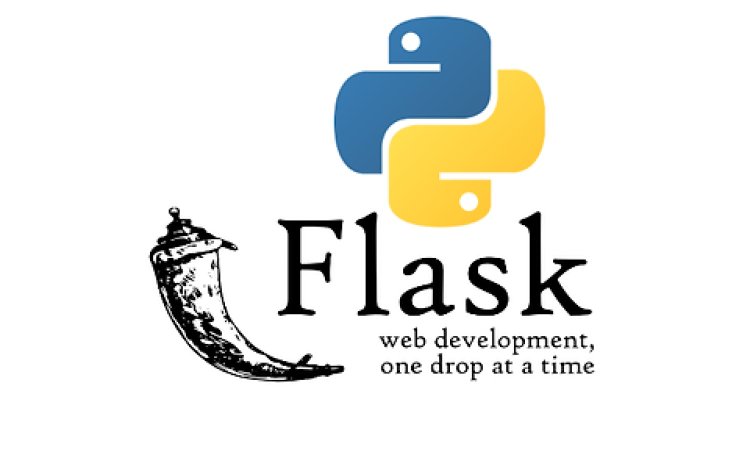
Flask is a simple Python web framework that allows you to add only the features you require, while providing you with the basics to get you started. It is ideal for rapid prototyping, APIs, and small to medium-sized applications. Flask is a popular option for developers that desire complete control over the architecture of their project because of its ease of use, adaptability, and comprehensive documentation.
Learn more: https://flask.palletsprojects.com/
3. FastAPI :
Easy-to-use, High-Performance, Modern APIs
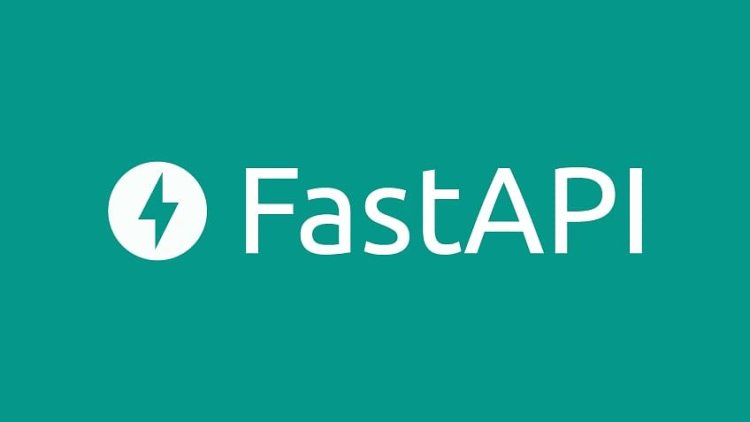
FastAPI's primary focus is on developing high-performance APIs, but Jinja templates (v2) allow you to construct completely working websites that integrate frontend and backend features into a single framework. Developed on top of Pydantic and Starlette, FastAPI is one of the fastest Python web frameworks available because to its remarkable performance, automatic interactive documentation, and asynchronous support.
Learn more: https://fastapi.tiangolo.com/
4. Gradio:
Machine Learning Web Interfaces That Are Easy to Use
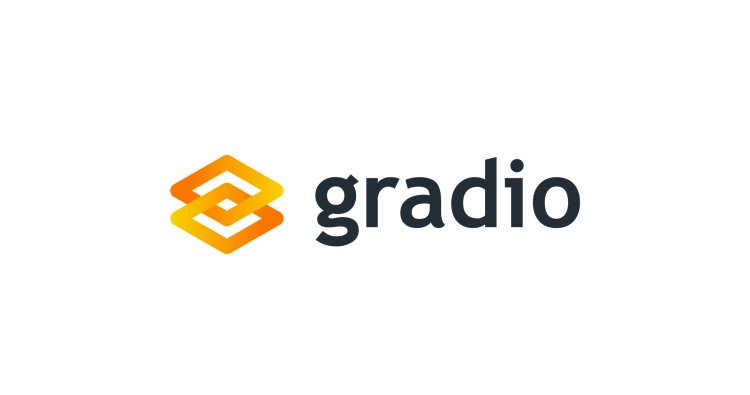
An open-source Python framework called Gradio makes it possible to quickly create and distribute web-based interfaces for machine learning models. Hugging Face is very well-liked by the machine learning community since it allows you to create, test, and publish your ML web demos for free in a matter of minutes. Creating high-performance online demos and APIs only requires a basic understanding of Python; front-end or back-end experience is not necessary.
Learn more: https://www.gradio.app/
5. Streamlit:
Quickly Create Data Web Apps
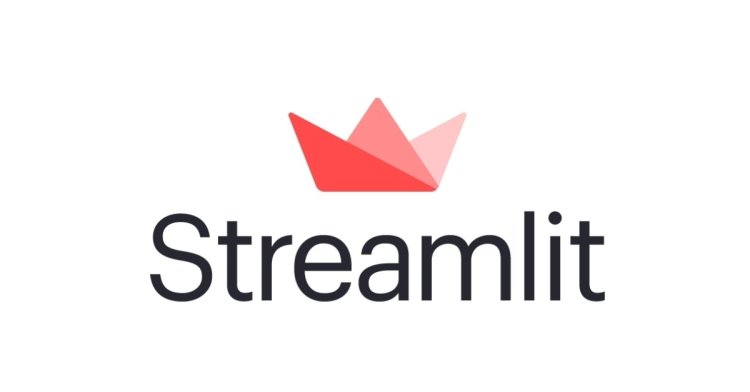
Data scientists and engineers who wish to use Python scripts to develop stunning, interactive web applications can use Streamlit. In only a few minutes, you can create dashboards, data visualisations, and ML model demos using its user-friendly API. JavaScript, CSS, or HTML are not required. Rapid prototyping and stakeholder insight sharing are ideal uses for Streamlit.
Learn more: https://streamlit.io/
6.Tornado:
Framework and Scalable, Non-Blocking Web Server
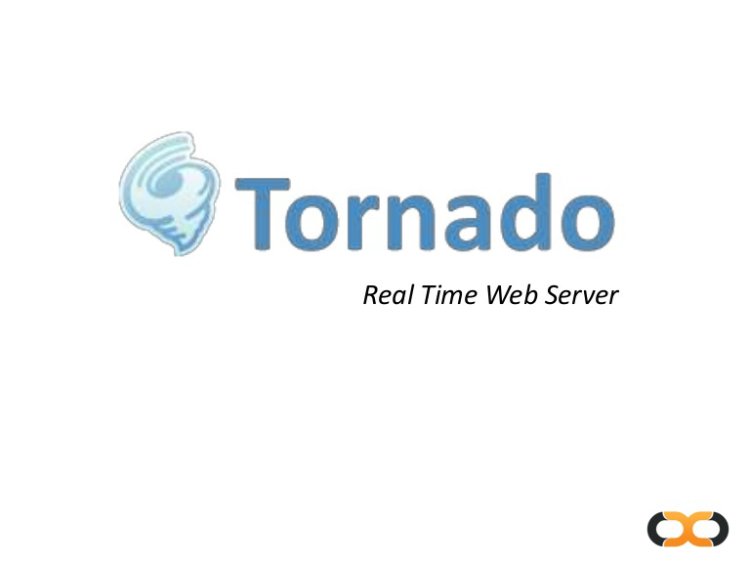
Tornado is an asynchronous networking library and robust Python web framework for creating scalable and fast web applications. Because Tornado employs non-blocking network input/output, unlike standard frameworks, it can handle thousands of connections at once, making it excellent for real-time web services like chat apps, live updates, and lengthy polling.
Learn more: https://www.tornadoweb.org/en/stable/guide.html
7. Reflex:
Simplified Web Apps in Pure Python
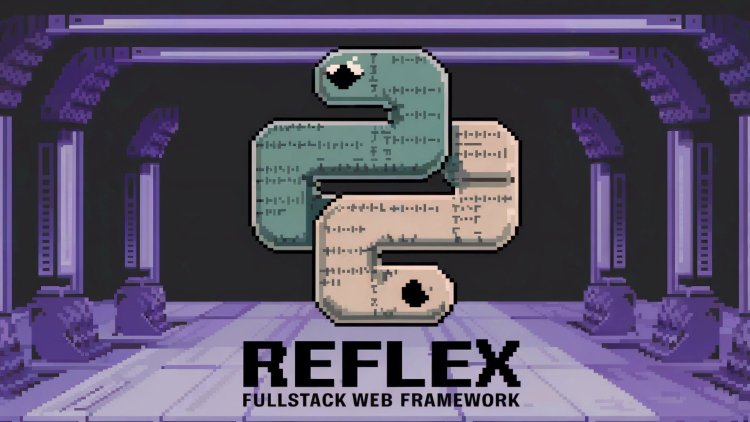
Python is all you need to create full-stack web apps using Reflex (previously Pynecone); JavaScript is not needed. It handles both the frontend and backend with ease as it translates your Python code into contemporary web applications. Python developers who wish to construct interactive, production-ready web apps without switching languages would find Reflex ideal.
Learn more: https://reflex.dev/













